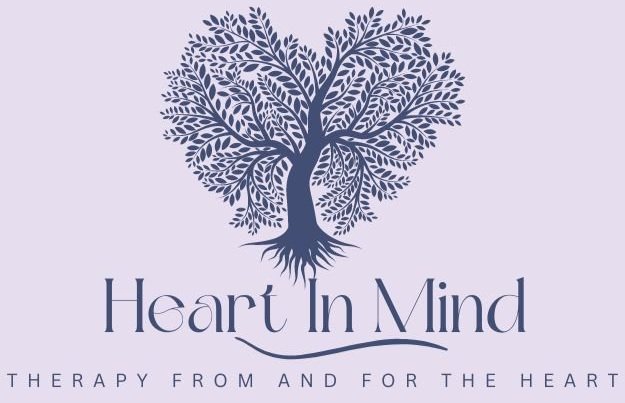What’s in a “healthy relationship”?
We’ve all probably heard that relationships/social connections are important for our health—mental and physical health. Undoubtedly, relationships/social connections can serve as powerful reminders that we are not alone when life gets rough. Additionally, relationships/social connections can amplify joyful moments in our lives; celebrating your life’s “wins” can feel that much more gratifying when you have someone else to share the experience with.
There’s an additional layer to this that is critical to consider and that is, whether or not the relationships/social connections we have and/or are seeking are healthy. In this blog post, I share 5 signs of a healthy relationship/social connection. **
**The signs I list here are based off of the vast amount of existing research on attachment theory and family systems theory. It is by no means an exhaustive list.
5 Signs of a Healthy Relationship/Social Connection
There is reciprocity, meaning there’s regular give-and-take between you and the person(s) you’re in relationship with. This is not the same as keeping tally of what each person(s) is doing/not doing in the relationship but rather it’s clear that any one person is not putting in all the work into the relationship.
You and the person(s) you’re in relationship with are honest with each other. The ability to be honest with another is critical to building trust. If you’re able to be yourself around another person(s), that’s a likely sign that there’s a felt sense of safety to be yourself around the other person(s) without fear/worry that there will be repercussions.
When you are around this person(s), time flies/there’s flow. In a healthy relationship, we usually tend to feel like our time around the other person(s) feels effortless. We are less likely to feel like we need to “get through” our time with them. *This does not mean that a healthy relationship/social connection won’t require work/effort at times; it just means that all in all, you don’t feel like you have to constantly push yourself to sustain the relationship.
You and the other person(s) have a mutual desire to truly understand one another—even/especially during conflict. Even in the healthiest of relationships, there will be conflict. During these conflicts, if each person(s) seems to have a true desire to understand the other (after cooling down), that’s a likely sign that there is enough mutual respect for the other person to want to understand the other person.
You and the other person(s) encourage each other to pursue interests/hobbies/relationships outside of the relationship with one another. You appreciate the other person(s) as a whole being and want them to have a life that exists outside of your relationship alone.*
*This is different than “cheating” for which there is a violation of trust based on mutual understanding/agreement about the boundaries of the relationship(s).
I hope this was helpful. Until next time,
Gina
If you’re curious to learn more about my specialties and what it would be like to work with me, please check out the links below:

